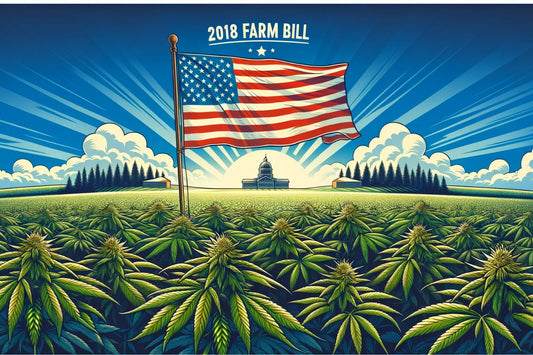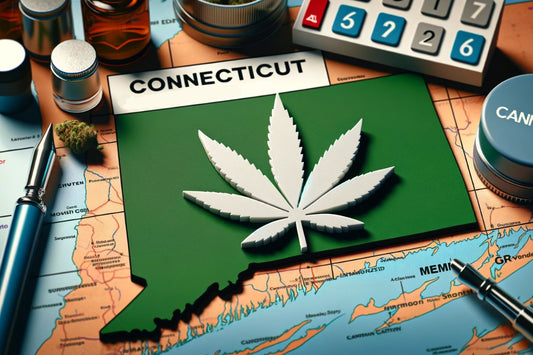Rising home values in States with legal cannabis
Recent research reveals a notable increase in home values in states with legal adult-use cannabis or medical marijuana, compared to those where it remains illegal. This study, examining residential real estate prices over the past decade, demonstrates that states with recreational cannabis saw an average increase of $185,075 in property values since 2014 - a stark contrast to the $136,092 rise in states without legal adult-use cannabis. Interestingly, seven of the ten states with the largest increase in home values have legalized cannabis for adult use.
Comparative analysis: Medical vs. recreational cannabis states
The distinction between medical and recreational cannabis states is also evident in their real estate trends. States with legal medical marijuana saw an average home value increase of $166,609 since 2014. In comparison, homes in states where cannabis remains entirely illegal rose in value by $137,320 during the same period. The typical home value in states with medicinal cannabis is now $337,360, significantly higher than the $281,343 average in prohibition states.
Economic implications of legal cannabis on local communities
Josh deBerge, vice president of brand and communications for Leafly, emphasizes the economic benefits of regulated cannabis to local communities. These benefits extend beyond just increased property values, contributing to a cycle of civic investment and improvement. This cycle is fueled by tax revenues from legal cannabis sales, often directed towards public programs and policies aimed at enhancing the quality of life for residents.
Cannabis dispensaries and city property values
Cities with recreational cannabis dispensaries have seen greater property value growth than those in adult-use states without dispensaries. Since 2014, home values in cities with dispensaries have grown by $168,292, surpassing the $100,933 growth in cities without dispensaries. This correlation suggests that the presence of dispensaries contributes to the overall economic and real estate development in these areas.
The 23 states and Washington, D.C., that have legalized recreational cannabis are projected to generate over $1 billion in cannabis revenue in 2023, cumulatively reaching nearly $25 billion. This significant economic contribution is reflected in the enhanced tax revenues of these states. For instance, in 2022, states with legal cannabis reported an average additional tax revenue of $307 million, with California alone generating $1.1 billion from cannabis taxes.
Cannabis tax revenue allocation and community benefits
The allocation of cannabis tax revenues is often transparent, with many states making this information public. These funds are typically invested in areas such as education, infrastructure, law enforcement, and substance abuse treatment. California, for example, directs 60% of its cannabis tax revenue towards programs addressing substance use among adolescents, with the remainder split between environmental protection and law enforcement.
This strategic allocation of funds from cannabis sales plays a pivotal role in enhancing community welfare and quality of life, ultimately contributing to a more attractive real estate market and higher property values.










